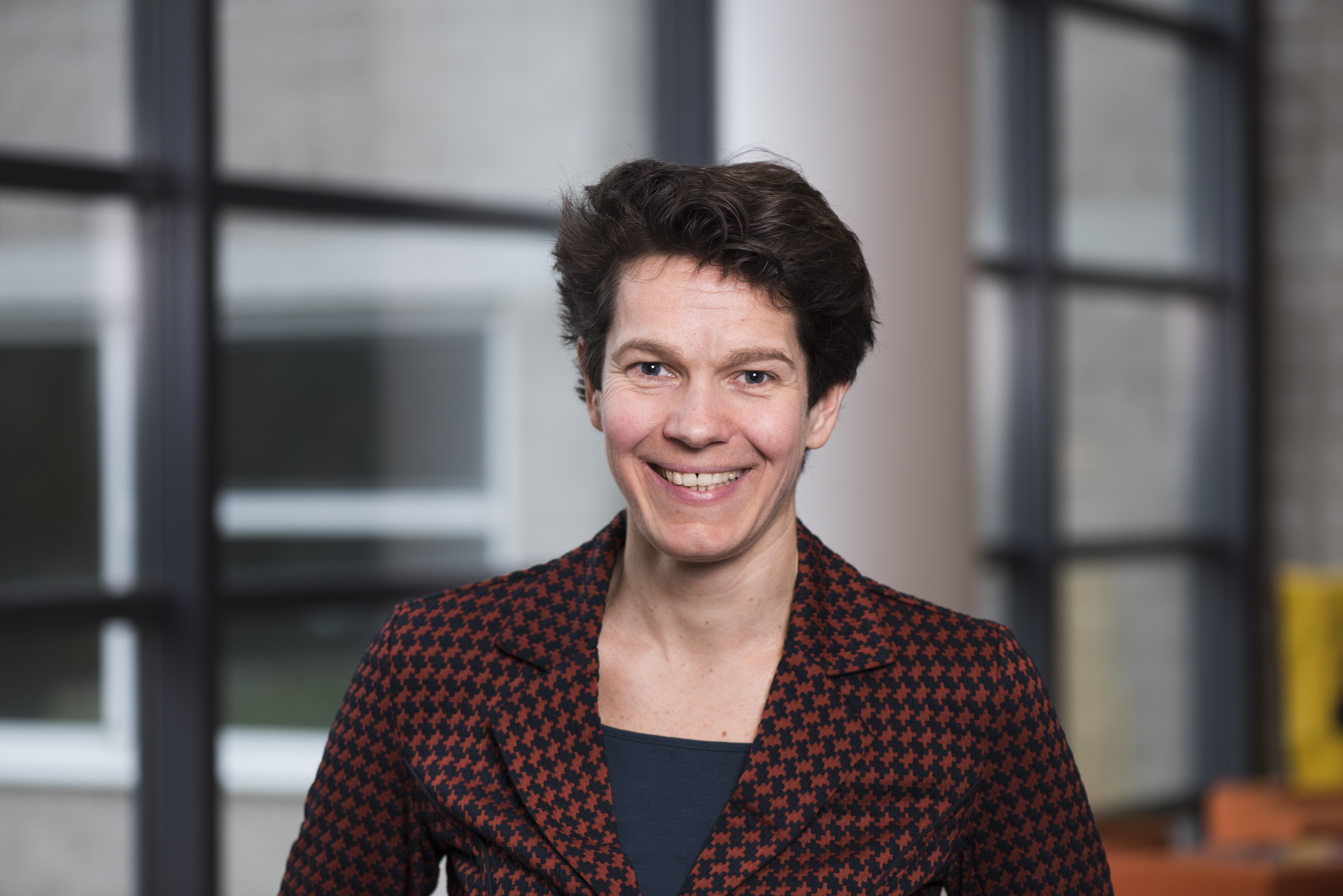Jokes that are not funny and remarks that are stereotyping
In this interview we talk with Neelke Doorn, professor of Ethics of Water Engineering at the Department Values, Technology and Innovation and Director of Education of the Faculty Technology, Policy and Management, about women and academic leadership and inclusive, safe working environments.
TU Delft as an inclusive organisation: looking at the informal culture
How can we ensure that there are more women at TU Delft?
Neelke: ‘Everyone has subconscious prejudices and it’s still important to make people aware of these, especially in job application and promotion procedures. But if we really want TU Delft to be an inclusive organisation, we also need to look at the informal culture. This can often be expressed in trivialities, such as jokes that may not be so funny for a minority who happen to also be involved in the discussion. Humour can be very dangerous in that respect because it can set the tone in terms of what’s seen as normal or acceptable. I hope we can create a safe environment in which people can feel confident about saying that they find a joke unpleasant. That can take some courage, because it’s not easy speaking out about something when the majority clearly finds it very amusing.’
TU Delft as an inclusive organisation: looking at cultural diversity
Neelke: ‘We still have a lot of progress to make when it comes to cultural diversity. Fortunately, gender equality is definitely on the radar for a lot of people. But this awareness can sometimes be lacking when it comes to cultural diversity. Actually, everyone should have to experience for themselves what it’s like to be part of the uncomfortable minority. You would hope that an experience like that would encourage people to create an environment where everyone can feel welcome.’
TU Delft as an inclusive organisation: looking at being an active bystander
So what exactly is inclusive leadership?
Neelke: ‘I’m currently a professor and director of education and unfortunately people still often look to professors to determine what’s seen as ‘normal’, what’s permitted and what's no longer acceptable. That gives me added responsibility. I think we should all do what we can to create a safe and open environment, but, obviously, in my current role, I can make even more of a difference. Creating a safe social environment is also part of my responsibility. Recently, someone spoke out of turn about a student, saying they were ‘typical of someone with autism’. I made it quite clear at the time that this is irrelevant information and, in any case, it’s not up to us to make that kind of diagnosis.’
TU Delft as an inclusive organisation: looking at female academic leadership
Has a lot changed for women since you graduated?
Neelke: ‘After graduating in 1997, I joined Deltares (then still known as: WL | Delft Hydraulics). In those days, immediately after my graduation, many women who aspired to become managers were still facing a serious glass-ceiling issue. I’m pleased to see that women can actually be heads of departments and work field managers at Deltares now. I’ve also seen a lot of changes at TU Delft since I came to work here in 2007. The good news is that the number of women in management positions is increasing all the time.’
Is there still a need for a women’s network?
Neelke: 'As long as there are still departments at TU Delft with no or very few women, a network like DEWIS will always be very beneficial and necessary. Women who work in departments where there are hardly any women also find it a valuable way of coming into contact with other women. It was great that Anka Mulder, former Executive Board member at TU Delft, organised a drinks reception for all female professors a few years ago. I still remember what she had to say: ‘This is how the old boys’ network works: you have drinks together, and when you have a job to offer, you remember that person from the drinks reception.’ I think that DEWIS training courses and workshops have an important role to play here: they expand your network and you also learn interesting things!'
